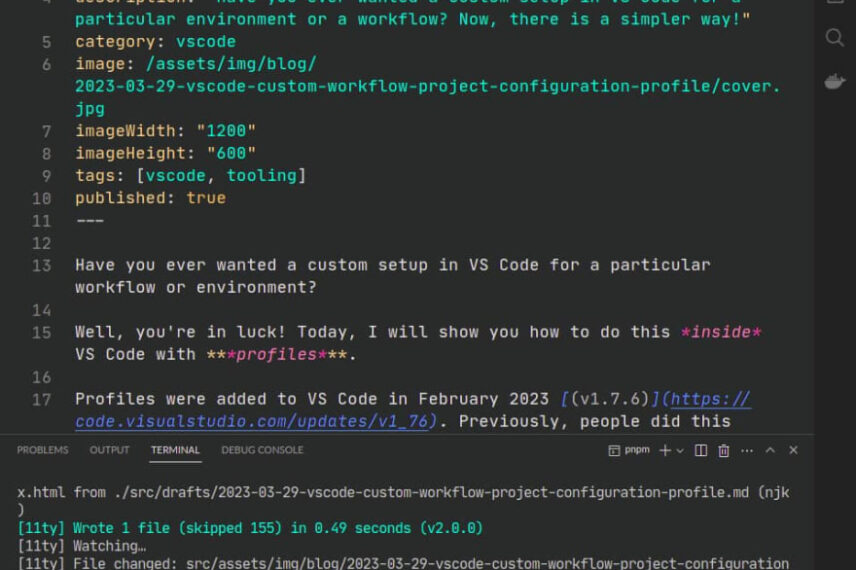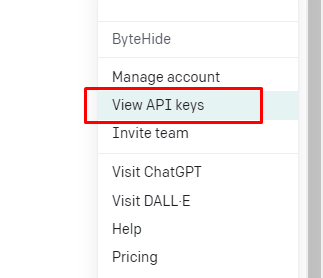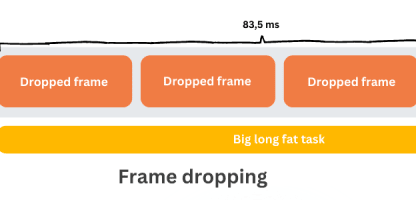Given birthDate and the day of death as strings the following method calculates the lifespan in years. We can then reuse this function to calculate then the age of the person by setting the day of death set to current date
export const calculateLifeSpan = (birthdateString: string, deathDayString: string): number => {
const birthdate = new Date(birthdateString);
const dayOfDeath = new Date(deathDayString);
let age = dayOfDeath.getFullYear() - birthdate.getFullYear();
const monthDifference = dayOfDeath.getMonth() - birthdate.getMonth();
if (monthDifference < 0 || (monthDifference === 0 && dayOfDeath.getDate() < birthdate.getDate())) {
age--;
}
return age;
}
export const calculateAge = (birthDateStr: string): number => {
return calculateLifeSpan(birthDateStr, new Date().toISOString().slice(0, 10))
}
Note – you could as well accept the inputs directly as
Dateobjects and wouldn’t need then to transform them to dates withnew Date()constructor
The following test suite tests the calculateLifeDuration function, which takes two dates as strings and calculates the duration in years between them.
It also uses test.each to run multiple tests with different start and end dates and expected durations.
describe('calculateLifeDuration', () => {
test.each([
['2021-01-01', '2021-12-31', 0],
['1980-01-01', '2023-03-31', 43],
['1995-05-15', '2023-03-31', 27],
['2010-10-10', '2023-03-31', 12],
])('calculates duration correctly between %s and %s', (startDate, endDate, expectedDuration) => {
expect(calculateLifeDuration(startDate, endDate)).toEqual(expectedDuration);
});
});
The next test suite tests the calculateAge function, which takes a birthdate as a string and calculates the age in years by calling the calculateLifeDuration function with the birthdate and the current date. To mock today’s date in the calculateAge tests, we can use Jest’s jest.spyOn method to replace the toISOString method of the Date object with a mocked version that always returns a fixed date. This way, the calculateAge function will always use the same date when calculating the age, regardless of when the test is run.
describe('calculateAge', () => {
const fixedDate = new Date('2022-03-31T00:00:00.000Z');
beforeEach(() => {
jest.spyOn(Date.prototype, 'toISOString').mockReturnValue(fixedDate.toISOString());
});
afterEach(() => {
jest.restoreAllMocks();
});
test.each([
['1990-01-01', 32],
['1980-05-15', 41],
['2005-12-31', 16],
['1995-10-10', 26],
])('calculates age correctly for birthdate %s', (birthdate, expectedAge) => {
expect(calculateAge(birthdate)).toEqual(expectedAge);
});
});
In this example, we create a fixedDate object with a fixed date value that we want to use for testing. In the beforeEach hook, we use jest.spyOn to replace the toISOString method of the Date object with a mock function that always returns the fixedDate value as an ISO string. This ensures that the calculateAge function always uses the fixedDate when calculating the age, regardless of when the test is run.
In the afterEach hook, we restore the original toISOString method of the Date object to ensure that other tests are not affected by this mock.
Shared with ❤️ from Codever. Use 👉 copy to mine functionality to add it to your personal snippets collection.
Codever is open source on Github⭐🙏



